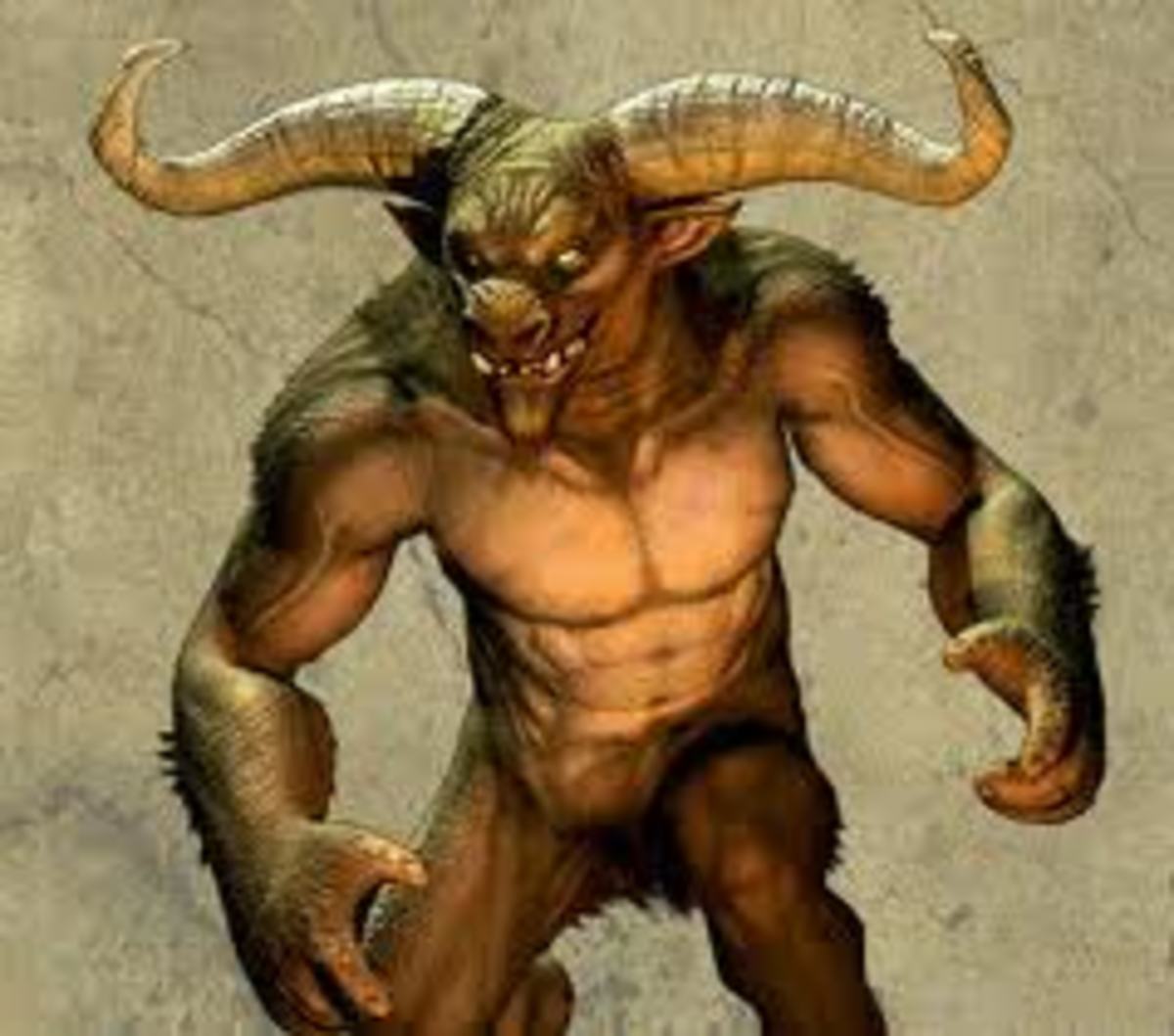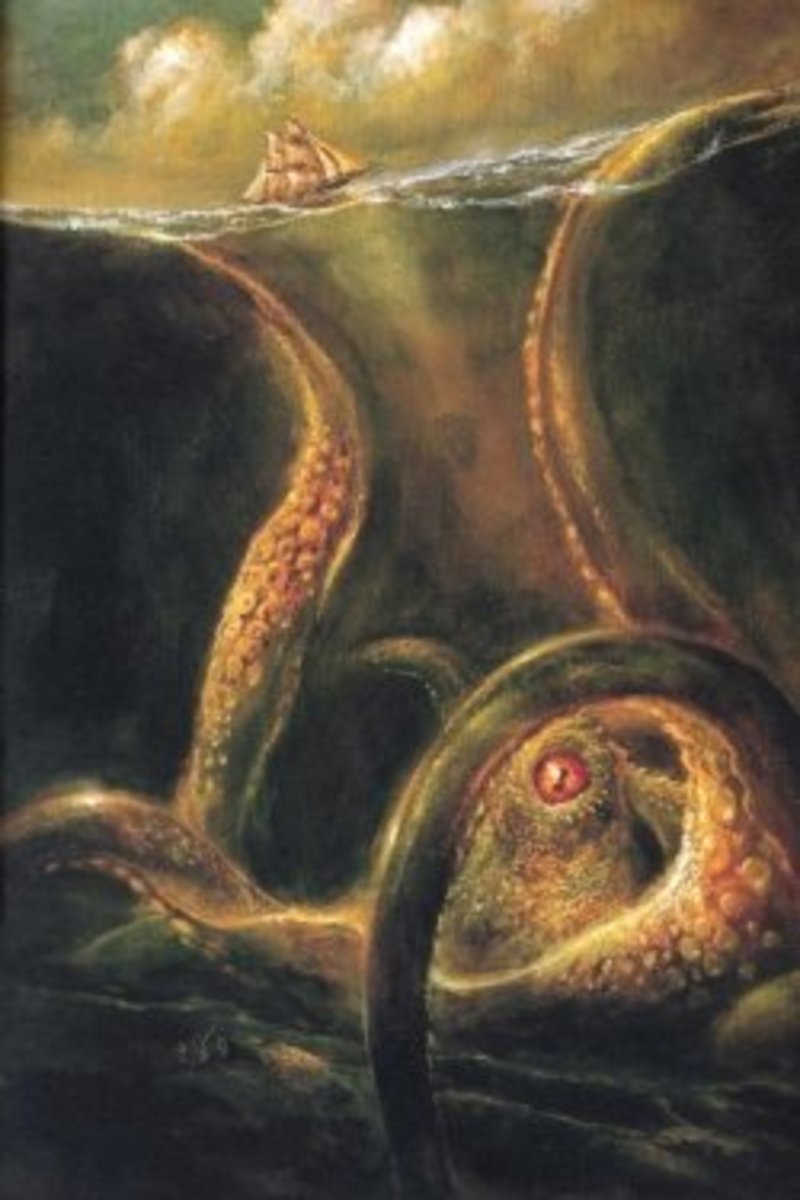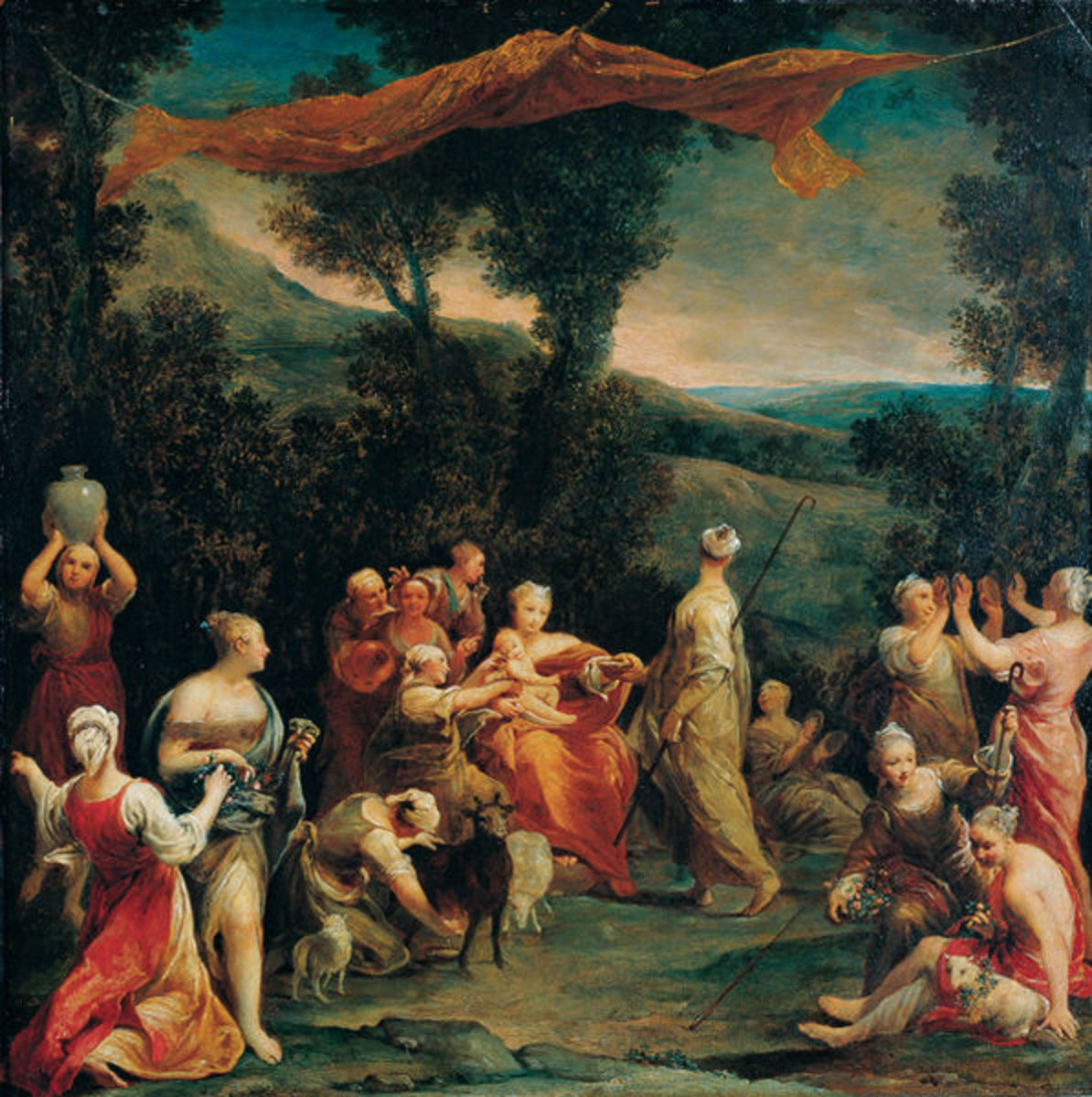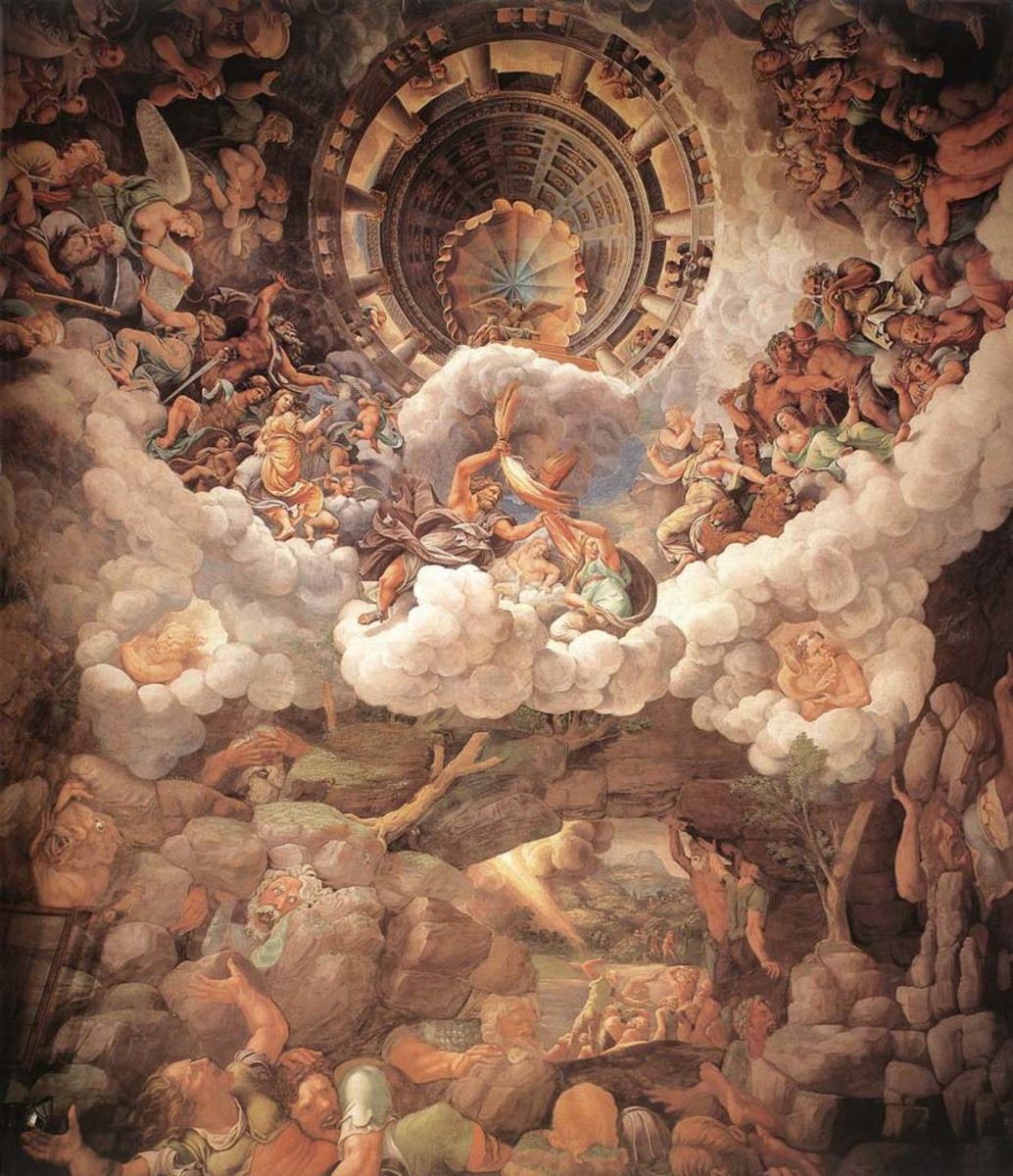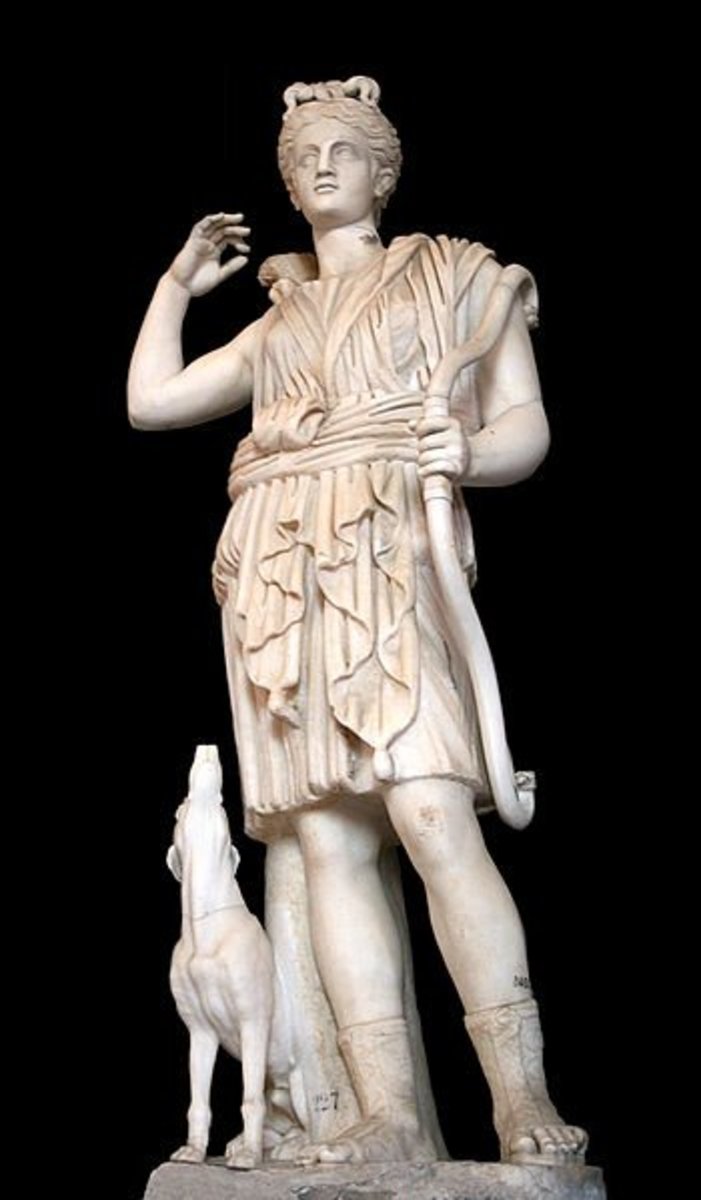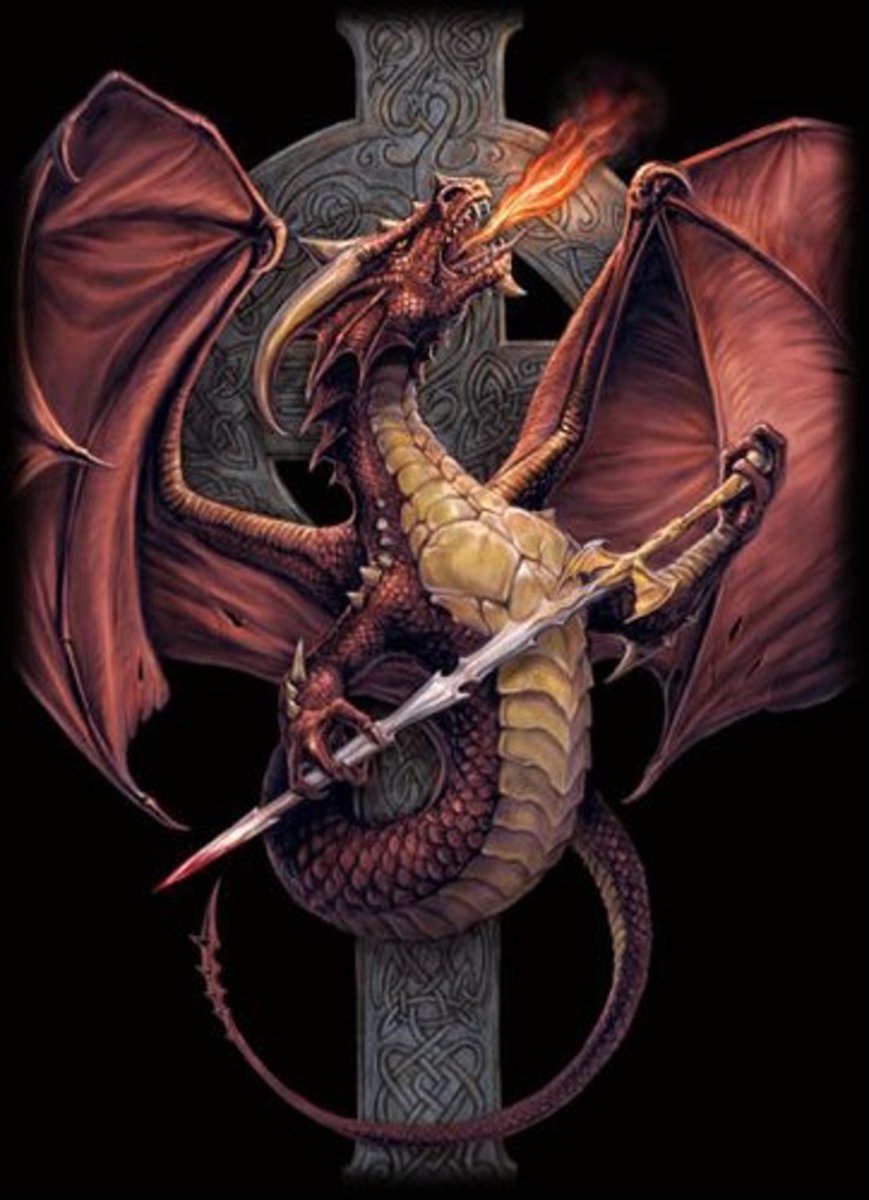Muses in Greek Mythology
Calliope, the Muse of Epic Poetry
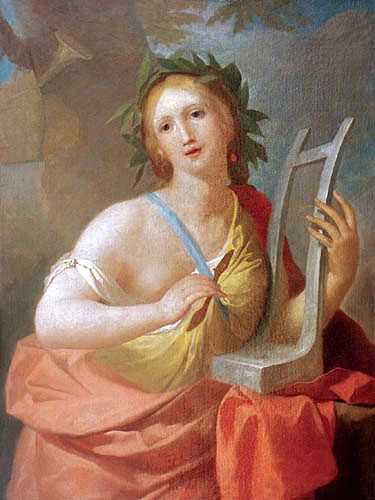
A Little Background
There are 9 Muses in Greek Mythology: Cilo, Urani, Melpomene, Thalia, Terpsichore, Calliope, Erato, Polyhymnia, and Euterpe. They were born from Zeus, the king of the gods, and Mnemosyne, memory. At first they were just one part of a whole, but as time wore on each was given their own area of creativity. Cilo was in charge of history; Urani was in charge of astronomy, Melpomene of tragedy, Thalia of comedy, Terpsichore of dance, Calliope of epic poetry, Erato of love poetry, Polyhymnia of songs to the gods, and Euterpe of lyric poetry. They only cared for the arts and sciences, having been born of free spirit and careless. In their land they suffered no disease, sickness or aging.
Their Importance
Since the Muses were in charge of creative activities, if one wanted to write an epic poem, such as Homer did with the Odyssey, then they should call upon the Muses for help in creating the poem. If the Muse decided to help, that man was blessed and sacred even more than a priest. That man would have the ability to weave wondrous tales that people would remember for ages. If the Muse did not appear to help or give guidance, the task was doomed to failure. The importance of this can be seen at the opening of the Odyssey. The first line is “Tell me, O muse, of that ingenious hero who travelled far and wide after he had sacked the famous town of Troy.” Homer asks for the muse’s help right at the beginning, knowing that he would need her assistance to write his tale.
Calling on the Muses
Next time you are starting on a new creative endeavor or are looking for a little help along the way, trying calling upon one of the Muses. What do you have to lose?


